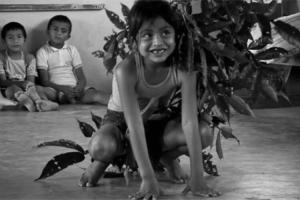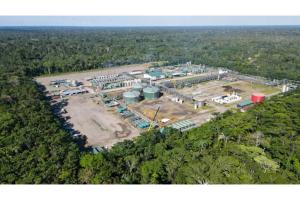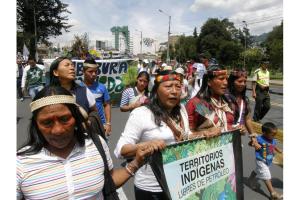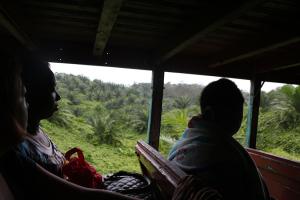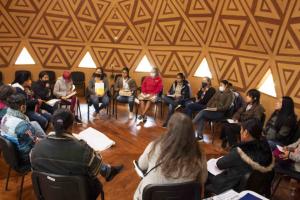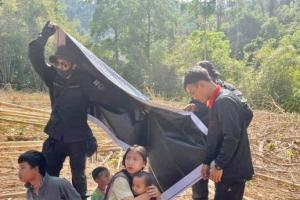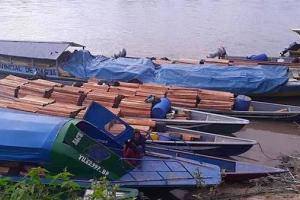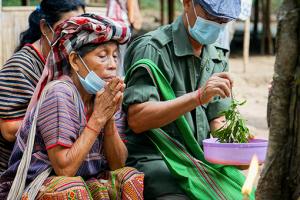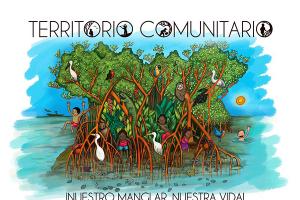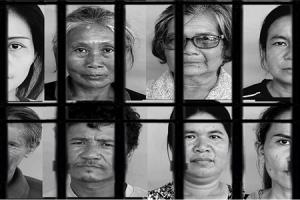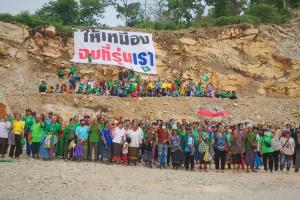Struggles for the Forests
When corporations destroy forests, or restrict or even prohibit access to forest peoples' territories, they place communities' ways of life and their very existence at risk. WRM supports forest peoples' struggles to defend their territories, and their right to decide how to live, and how to use the forests they depend on.
Communities resisting the impunity and impacts of oil palm growers in Ecuador: Cases from Esmeraldas
Only available in Spanish.
Balsa wood is an important input for windmills. Ecuador is the world’s largest exporter of this wood. The invasion of millions of wind turbines in China, Europe and the US means the extraction of metals to build them, as well as the brutal felling of balsa wood trees.
Indigenous Karen People from Bang Kloi returned to their ancestral home in the Kaeng Krachan forests, after years of dispossession due to the creation of a National Park. Karen communities are mobilizing in solidarity to the Bang Kloi communities’ right to return home.
Despite the massive clearing of mangroves to make way for shrimp farms, and the oppression of fishing and gathering communities, this industry has access to certifications that not only facilitate its entry into foreign markets; they also conceal a history of violence against the peoples of the mangroves.
How are forest crimes defined? In Thailand, forest-dependant communities, rather than the government and companies carrying out large-scale deforestation, became scapegoats for this destruction. (Available in Thai).
Organisations, social movements and activists, from 40 countries express their support and solidarity with a community struggle in Northeastern Thailand to reclaim the land and forests encroached on by the Thor Silasitthi mining company.
